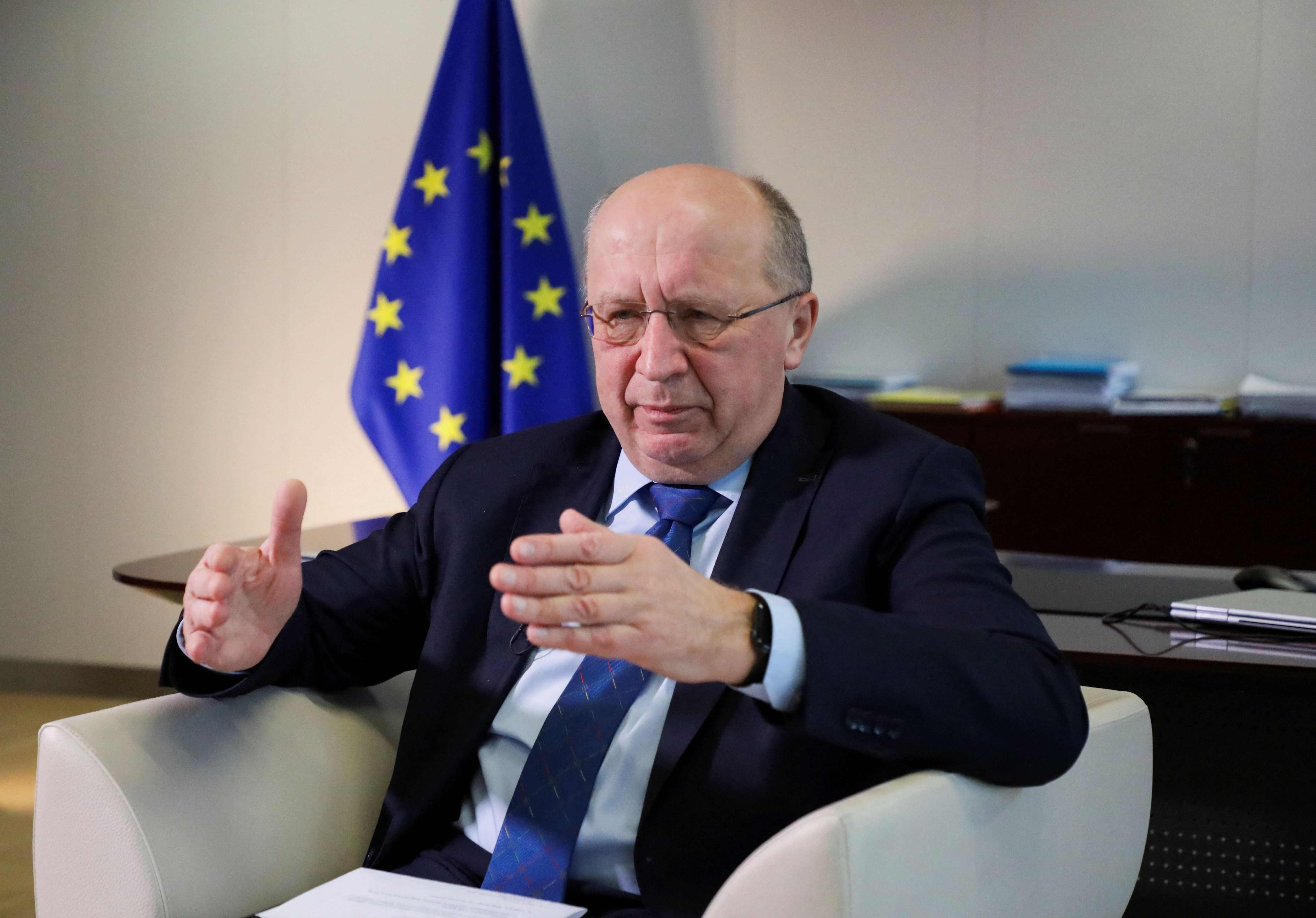
The EU Will Offer Flexible Defense Procurement, According to the Commissioner
The EU intends to suggest flexible defense procurement in an effort to improve strategic autonomy and expedite operations.
Growing worries about bureaucratic obstacles and the urgent geopolitical environment have prompted the European Commission to present a major proposal next week that would streamline defense procurement and make it easier to secure essential European money. “Without this simplification, nothing else in defense readiness will be possible to achieve,” said European Defense Commissioner Andrius Kubilius. Putin is not going to wait for us to organize our paperwork.
Expected to be unveiled on June 17, the idea directly responds to long-standing grievances from the European defense sector about excessive bureaucracy and lengthy delays in obtaining much needed funding. Many people believe that these annoyances hamper the bloc’s capacity to quickly improve its defense capabilities.
In his summary of the main reform areas, Commissioner Kubilius pointed out a drive for increased member state autonomy in a number of crucial sectors of defense procurement. He said, “We plan to facilitate innovation procurement and provide member states with greater flexibility in framework agreements and common procurements.” Importantly, the Commission also seeks to “easier” access to the bloc’s current defense fund in response to sector concerns regarding the difficulty of navigating funding options.
Kubilius emphasized that in addition to direct procurement, other legislative frameworks that unintentionally affect defense readiness also need to be considered. Permits, reporting requirements, competition laws, and sustainable finance were among the specific areas he mentioned as needing revision and simplicity to make sure they don’t impede defense operations.
In addition, there will be recommendations in the Commission’s next package to streamline two important directives: one pertaining to defense procurement and another regulating defense goods transfers inside the EU. It is anticipated that these simplifications will decrease administrative hassles and speed up the Union’s internal transportation of vital defense equipment.
All Categories
Recent Posts
Tags
+13162306000
zoneyetu@yahoo.com



